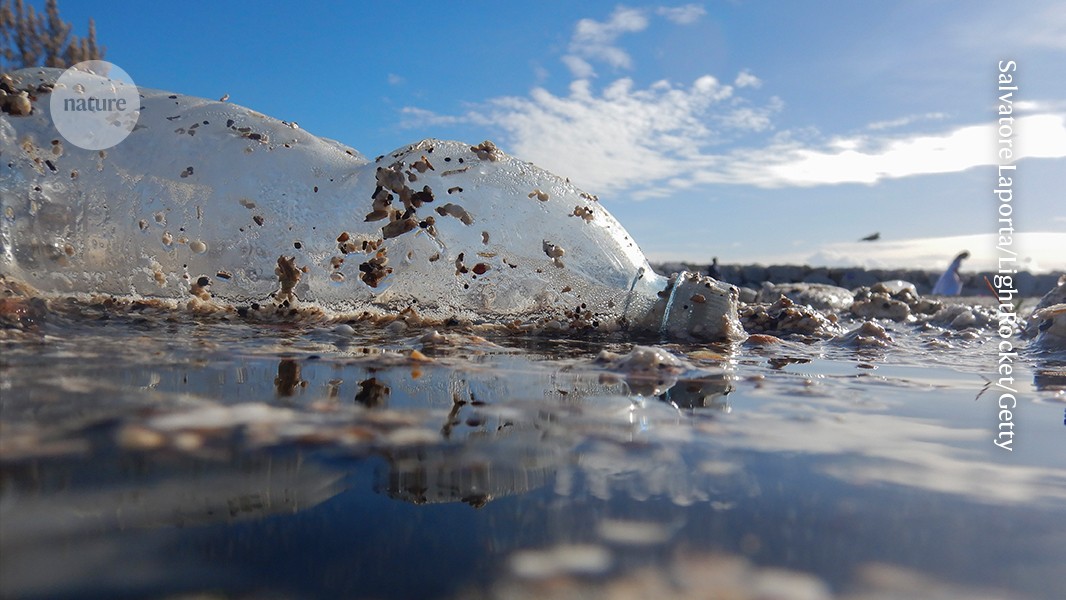
"Plastics production and consumption cause growing - and in some ways existential - risks for people and ecosystems. More than 400 million tonnes of the material are produced annually, a number that has been rising sharply. Only around one-tenth of plastics are recycled; the rest winds up mostly at landfill sites or in the ocean. If current trends continue, plastics will be responsible for 15% of greenhouse-gas emissions by 2050."
"The chair and the United Nations Environment Programme (UNEP), which organizes the talks, have failed to bridge the gulf between countries that want chemicals of concern to be regulated and plastics production to be decarbonized over time, and those who would prefer an agreement that focuses on a narrower range of measures, such as improved recycling."
Negotiations to end plastics pollution stalled amid acrimony and the resignation of the chair, exposing deep divisions among more than 180 countries. Countries disagree between broad measures such as regulating chemicals and decarbonizing plastics production, and narrower approaches such as improved recycling. Plastics production exceeds 400 million tonnes annually, only about one-tenth is recycled, and emissions could reach 15% of global greenhouse gases by 2050. Health and ecosystem risks are rising. The next chair and UNEP must collaborate with member states, strengthen scientific input, create informal spaces for delegates, and improve transparency to resolve and prevent future crises.
Read at Nature
Unable to calculate read time
Collection
[
|
...
]